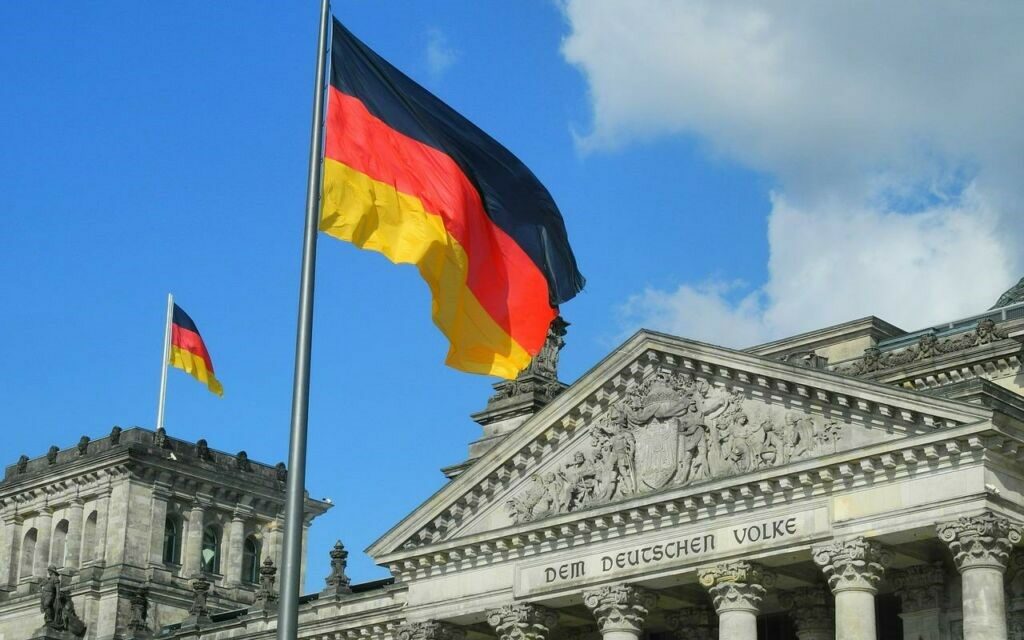A new levy will be added to the price of natural gas in Germany to support service providers struggling with extraordinary costs due to the curtailment of Russian deliveries, the rule will come into effect in October, the levy will be 2.419 euro cents (HUF 9.6) per kilowatt hour for the time being, it was announced on Monday.
Trading Hub Europe (THE), the joint company of companies operating high-pressure natural gas transmission pipeline systems in Germany, responsible for market coordination, highlighted in its statement that the gas purchase tax (Gasbeschaffungsumlage) is being introduced based on the law on the security of energy supply.
According to the legislation, importers directly affected by a significant decrease in gas imports are entitled to compensation for part of the additional costs arising from purchases to replace the lost volume, provided that the contracts on the lost imports were concluded before May 1, 2022.
This compensation must be paid by THE. The coverage is created through the new levy. The level of the levy is regularly reviewed and is scheduled to be phased out in 2024.
The new rule is due to the fact that Russia has significantly reduced its natural gas deliveries to Germany, so importers must obtain natural gas from other sources and at a much higher price to supply their customers.
The unexpected and very significant increase in costs puts the affected companies in a difficult situation. The country's largest gas importer, Uniper, for example, already asked the federal government for help in July to avoid bankruptcy.
The legislation offers two solutions for a more general, systemic management of the situation. One of them is the so-called price adjustment mechanism, with which the actors of the sector can override the current tariff and validate the additional costs resulting from the curtailment of Russian gas deliveries in their prices.
The other solution is a balanced, solidary version of the gas purchase tax, the price adjustment mechanism, i.e. one that spreads the additional costs to all consumers.
As a result, the additional burden is borne not only by the customers of the companies that are in a difficult situation due to the reduction of Russian deliveries, but by all consumers together.
According to the calculations presented in the German press, the levy represents an additional burden of 480 euros per year for a family with average consumption. For the time being, it is not certain whether sales tax must also be paid after the levy. The Federal Ministry of Finance is seeking an exemption from the relevant EU rule.
Source: MTI
Image source: Pixabay













